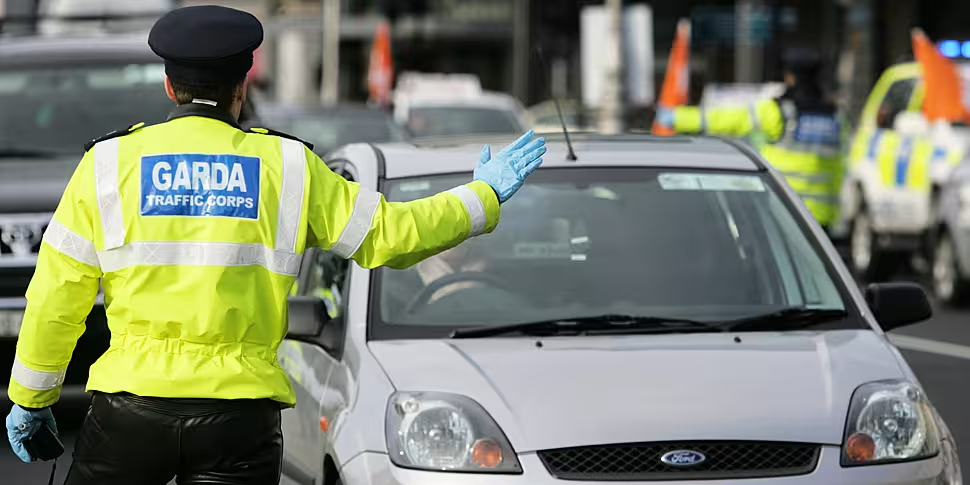The courts need to get serious on repeat traffic offenders if we are to reduce the number of deaths on Irish roads, according to man who lost his teenage daughter in a hit-and-run.
Leo Lieghio was speaking after an Appeals Court judge called for higher sentences for repeat offenders, warning that current prison terms were not acting as a deterrent.
Judge Seán Ó Donnabháin refused to reduce a five-months prison sentence handed down to a woman for offences including driving without insurance.
The woman had seven previous convictions for driving without insurance and Judge Ó Donnabháin said he would consider increasing sentences on appeal in future.
On Newstalk Breakfast this morning, Leo Lieghio, who lost his daughter Marsia in a hit-and-run in 2005, welcomed the judge’s comments.
“It is great to see a judge starting to take these crimes seriously,” he said. “Because that’s what they are; they are crimes.
“A slap on the wrist isn’t working anymore so there needs to be effective deterrents out there.”
Repeat offenders
He said the majority of people observing World Remembrance Day for Road Traffic Victims with the Irish Road Victims Association every year have “lost family members through repeat offenders.”
“My own daughter’s killer had 50-odd previous convictions against her and she was still serving a ban,” he said.
“She still killed my daughter and got ten months. That is the norm. If you drive dangerously all you are going to get is four years.”
He said Ireland needs to “get serious” on repeat offenders to reduce road deaths.
“We have to get serious or else it is going to continue happening,” he said.
“People are going to lose lives, families are going to lose family members - loved ones, sons, daughters - and it is going to continue unless more judges like this come out and do something.”
Serious crimes
He said many driving offences are treated as minor offences rather than serious crimes.
“A lot of that is to do with the DPP and with Gardaí as well,” he said. “They seek lesser charges to get the cases over quicker.
“Like in a case of dangerous driving, they drop it to careless driving, a person pleads guilty, shows remorse and then is out in two years.
“If you shoot someone you are going to get seven or eight years but if you get into your car and kill someone - knowingly with drink on you; knowingly driving dangerously - all you are going to get is four years.”
You can listen back here:









